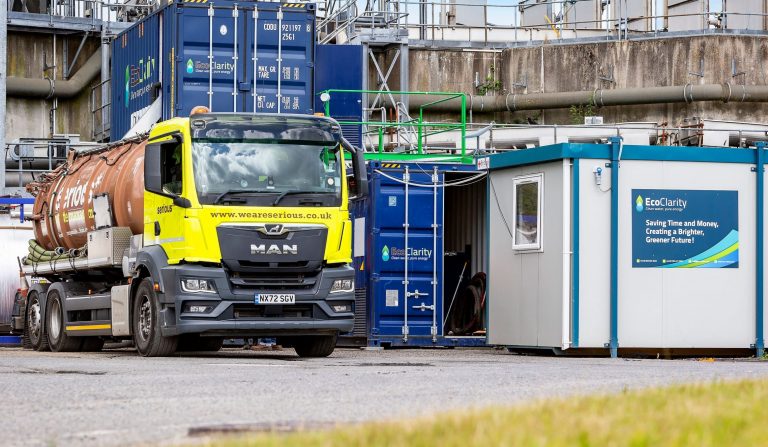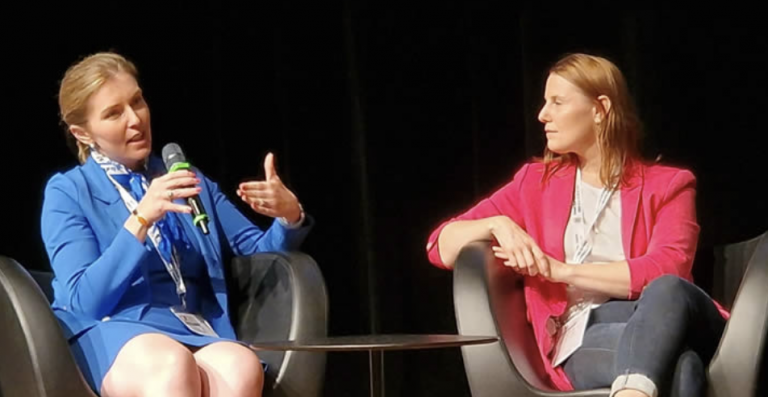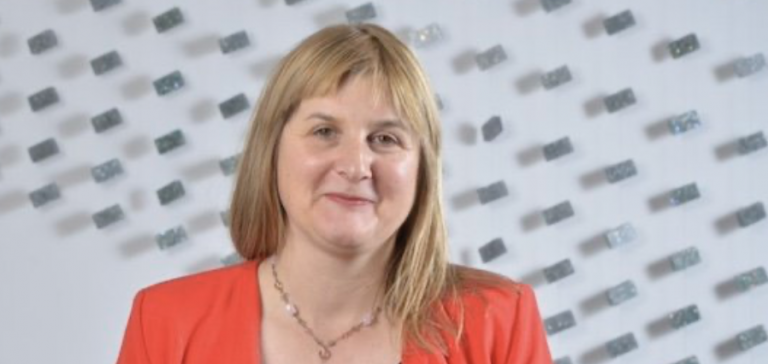A new wave of Skills Bootcamps is available across Greater Lincolnshire and Rutland to provide learners with the skills local employers are looking for.
This new wave of Skills Bootcamps is now open and recruiting learners. There are courses available across a wide range of subjects including electrical engineering, business development and food and drink manufacturing. More than 1,000 learners have already completed Skills Bootcamps in Lincolnshire and Rutland and are taking on new responsibilities within their current employment or gaining new jobs. Catherine Allan, Senior Planner at Sofina Foods, recently took part in the Skills Bootcamp for Future Seafood Leaders which was delivered by the University of Lincoln’s National Centre for Food Manufacturing. Catherine said: “I thought it was a great opportunity, as I am still learning and want to improve my communication and leadership skills. Because I work with the stocks, forecast and numbers side of the process, it was great to meet and talk to people face to face who were more hands on, including people who worked in technical and manufacturing roles. “Since completing the Skills Bootcamp I have taken additional steps in my job to lead on more tasks and to build on communications within the team, which has been a positive experience.” Simon Telfer, Chair of the LEP’s Employment and Skills Advisory Panel, said: “Thanks to our partnership with Lincolnshire County Council and funding from the Department of Education, we are able to offer a wide range of Skills Bootcamps that will help to fill vacancies and skills gaps in Greater Lincolnshire. “They will also help individuals upskill and take on more responsibility in their current role or gain the skills needed to fast track into a new role.”News skills bootcamps set workers on fast track to jobs
Manufacturing output falls in the three months to September
- Output volumes fell sharply in the three months to September, following a more modest decline in the quarter to August (weighted balance of -20% from -9% in the three months to August). Looking ahead, output is expected to fall in the three months to December (-7%), the first-time expectations have been negative since November 2023.
- Output decreased in 14 out of 17 sub-sectors in the three months to September, with the fall driven by the motor vehicles & transport, metal products and paper, printing & media sub-sectors.
- Total order books were reported as below “normal” in September and deteriorated relative to last month (-35% from -22%). The level of order books remained significantly below the long run average (-13%).
- Export order books were also seen as below “normal” and deteriorated considerably relative to last month (-44% from -22%). This was also far below the long-run average (-18%) and left export order books at their weakest since December 2020.
- Expectations for average selling price inflation softened in September (+8% from +15% in August), with the balance standing close to the long-run average (+7%).
- Stocks of finished goods were seen as more than “adequate” in September (+11% from +15% in August), broadly similar to the long-run average (+12%).
Construction work begins on first phase of Our Cultural Heart in Huddersfield
Contractors sought for next phase of historic Scunthorpe Church’s transformation
Yorkshire businesses go wheel to wheel for The Children’s Hospital Charity
Restaurant chain signs up to fat and grease recovery scheme
Two earn promotion at Rollits
Refractory company MD shows how gender diversity could bridge skills gap
New law will force employers to take steps to prevent sexual harassment
From next month the Worker Protection (Amendment of Equality Act 2010) Bill will strengthen existing protection for workers against sexual harassment by placing a new duty on employers to take ‘reasonable steps’ to prevent sexual harassment.
HR Sarah Derbyshire, HR Consultant and Director at HR Solutions Yorkshire, cuts through the legalise of the law when she says: “It is important for businesses to make it clear to all members of their teams what they expect in terms of behaviour, what everyone’s rights and responsibilities are, and what the consequences are likely to be for failing to meet these expectations.
“Senior leaders and managers set the tone for expectations around workplace behaviour. They need to embed and live the values and behaviour that underpin dignity, respect and inclusion. They also need to call out unacceptable behaviours to nip things in the bud at an early stage.”She says companies should set out policies and put in place the necessary training. She went on to explain that under the law, ‘harassment’ covered unwanted conduct related to a protected characteristic which has the purpose or effect of violating a person’s dignity or creating an intimidating, hostile, degrading, humiliating or offensive environment for them. Sexual harassment is unwanted conduct of a sexual nature which has that impact.’
A protected characteristic is as set out in the Equality Act 2010 and includes gender, age, race, disability, sexual orientation, pregnancy or maternity, religion or belief, gender reassignment, marital status or civil partnership. An employee who feels that they have been treated differently because of a protected characteristic can make a claim of discrimination to an employment tribunal.
She added: “Any claim on the grounds of discrimination is uncapped at tribunal. In addition, tribunals will have the power to increase compensation by up to 25% if they find an employer has breached this duty. As well as the financial costs of a claim against the business, cases of sexual harassment impact on management and HR time, potentially legal costs, damage to a company’s reputation and on other members of the team.”
Kromek wins place on Government supplier list for radiation equipment
A radiation detection company with its R&D centre in Huddersfield has won a place on the supplier list held by the Home Office.
Kromek has been selected as a supplier under the UK Government’s Radiological Nuclear Detection Framework for the supply of radiological nuclear detection equipment and supporting services.
Arnab Basu, the company’s CEO said: “We are delighted to have become one of the few companies approved for the supply of radiological nuclear detection equipment under this important Home Office initiative. We have been providing our detectors to the UK government for several years and it is great to see the continued expansion of programmes that will enhance the UK’s protection against radiological threats.
“Alongside our recent selection under the UK Government Resilience Framework for supplying emergency services operators and our contract award from the Ministry of Defence, we are experiencing excellent momentum in this area of our business and we look forward to reporting on further progress.”
The Framework was established to co-ordinate the RN detection procurement requirements and capabilities of the Home Office, Counter Terrorism Police and other public bodies to support Home Office strategic aims and to deliver enhancements to the UK’s end-to-end system for domestic nuclear security.
Kromek applied for three of the four Framework categories, covering the supply of handheld, wearable and large volume static radiation detectors, and was successfully approved and awarded a Framework contract. Accordingly, Kromek is pre-qualified to be selected for orders in these categories, which over the four-year term of the Framework have a combined maximum procurement value of £84 million. The Group will provide further updates as and when there is progress in respect of any contracts within these three Framework categories.












